The country’s Chief Fiscal Manager told the press at Tuesdays’ Joint IMF/GoL Press Conference that the President’s vision is going to essentially revolve around infrastructure and that the government is looking towards securing US$1.2 billion to 1.5 billion to deliver between 1,500 km to 2,000 km of roads in the next five to six years.
He also said that considering government’s plan to increase investments in energy and agriculture there was a need to attract more borrowing. The Finance Boss emphasized that there is no way the economy of the country can grow or transform the private sector to meaningfully contribute to ending poverty without more borrowing on concessional terms.
Additionally, the Minister of Finance has informed the press that the government has assured the Fund that it is going to be very responsible in borrowing while also ensuring that the private sector plays a big role under the new strategy for economic development.
He said the government aspires through support intended to strengthening the private sector and improving the country’s investment climate to reverse the country’s declining ranking in the World Bank’s Doing Business Report in the short term. He said the poor ranking of the country in recent reports is indicative of the fact that the private sector has not been given priority attention.
Minister Tweah further said the country will need more borrowing flexibility from the Fund to be able to deliver on the government’s pro-poor vision. The Finance Minister emphasized that a country’s economy cannot be grown with the current revenue of about US$479million. Said the Finance Minister, “we need to move to US$800 million and then to a billion dollars of revenue and beyond”. He added “to move there we need to expand the resource base and make significant investments in infrastructure to spur economic growth and development.”
The Finance Minister expressed the optimism that the country will receive more grants and other forms of support from the IMF and other multilateral institutions because of the government’s dedication to fiscal transparency, budget credibility and programs effectiveness. He conveyed government’s confidence that by adhering to these standards, they will continue to enjoy the trust and confidence of partners. He then assured the IMF Article IV Consultation Mission that the marginal impact of a unit dollar of grant is going to increase under President Weah.
Meanwhile, Minister Samuel D. Tweah has told the visiting IMF team and the press that Government of Liberia is generating savings by cutting wastes and redirecting the savings to investments in pro-poor projects and activities that would positively impact the lives of the people. It can be recalled that government announced a saving of US$9.6 million from the recast of the FY17/18 budget and has redirected same to projects including roads maintenance, facilities upgrade and equipment purchase for the country’s largest referral hospital(JFK), payment of WASSCE fees thousands of 12th graders across the country, training of professionals in areas seriously needed by the country, provision of government-backed credit line to stimulate private sector development, among others.
He further disclosed that the Government of Liberia is keen to improving key areas in generating revenue especially through domestic resource mobilization. He added that other major priority concerns of the government are to create empowerment through job creations in the private sector as well as investing in the provision of the utilities and infrastructure necessary to support economic activities that will accelerate improvement in the lives of the people.
For her part, Ms. Mika Saito, head of the International Monetary Fund (IMF) 2018 Article IV Mission to Liberia, speaking on behalf of the Mission, described Liberia’s economy as appearing to be poised for recovery following a very difficult period over the last five years due to the ebola crisis with all its devastating humanitarian impacts combined with a large decrease in export prices, the ongoing withdrawal of the UN peacekeeping force and some disruptions associated with the end of December 2017 election period.
Mika Saito said the medium-term outlook appears favorable and that the country’s economy is poised for recovery provided good policies are implemented—including measures to improve the business climate and support private sector development.
“Over the next few years, the development plan of the new government, with large-scale road construction in its center, will act to expand and connect markets and spur economic development,” she added.
The peaceful political transition will offer support to the recovery of the domestic economy (agriculture and service sectors) through improved consumer and investor confidence. Moreover, key commodity sectors are expected to be more active as global commodity price recovery, according to Ms. Saito.
According to her, better power supply is another positive development factor for both existing and new businesses, though the full effect of the Mount Coffee hydro plant will need to await resolution of the transmission bottlenecks. Over the next few years, the development plan of the new government, with large-scale road construction in its center, will act to expand and connect markets and spur economic development.
She said, the IMF team supports the administration’s adoption of a strongly pro-poor agenda stressing that the needs of the poorest segments of the population are clearly large, and it is commendable that the authorities have made this their policy priority. She however advised that with this ambition, it would be particularly important to ensure that the increase in expenditure goes hand in hand with measures to ensure macroeconomic and debt stability, as the impact of instability would fall disproportionately on the most vulnerable groups and undercut the goal of poverty reduction.
During the IMF ‘s Article IV Consultation Team’s two-week visit to the country, they met with H.E. President George M. Weah, Speaker of the House of Representatives Dr. Bhofal Chambers, President Pro Tempore of the Senate Albert Chie, Minister of Finance and Development Planning Samuel Tweah, Governor of the Central Bank Milton Weeks, Minister of Commerce and Industry Prof. Wilson K. Tarpeh, Minister of Public Works Mobutu Nyenpan Sr., Minister of Mines and Energy Gesler E. Murray, and other senior government officials, private sector representatives, and development partners.

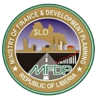
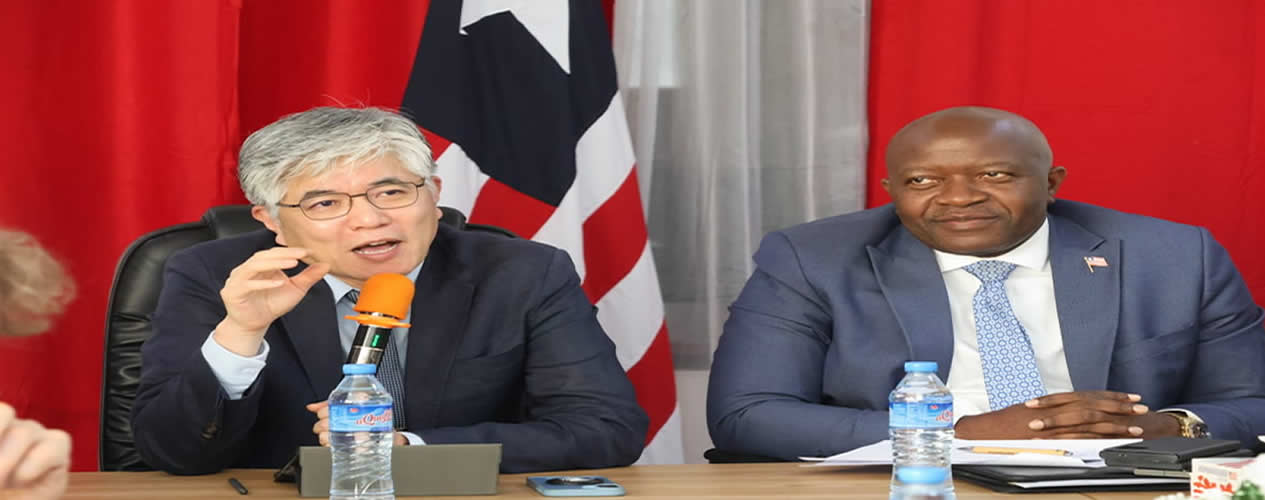
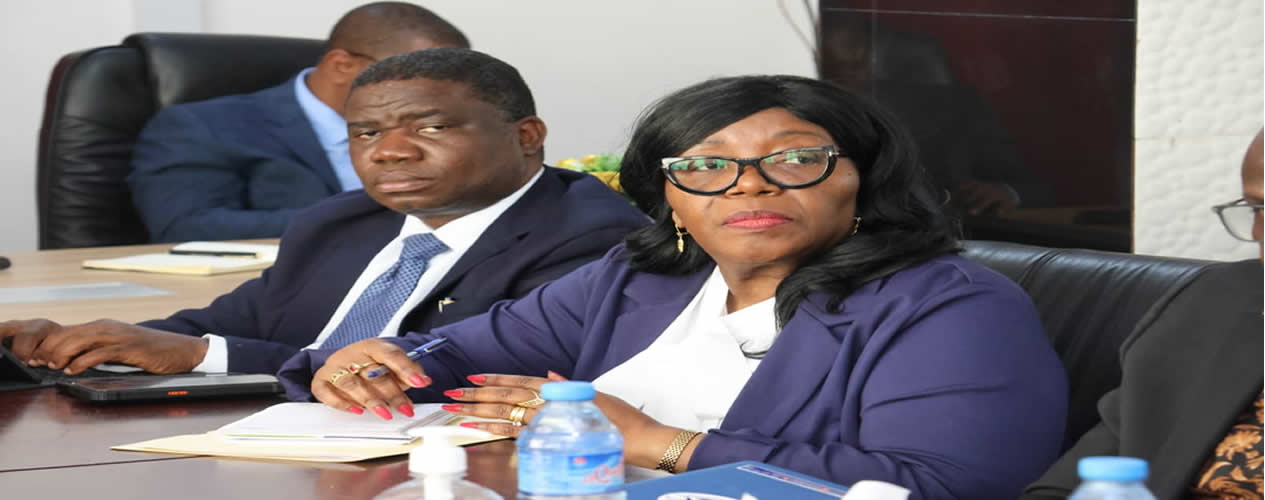
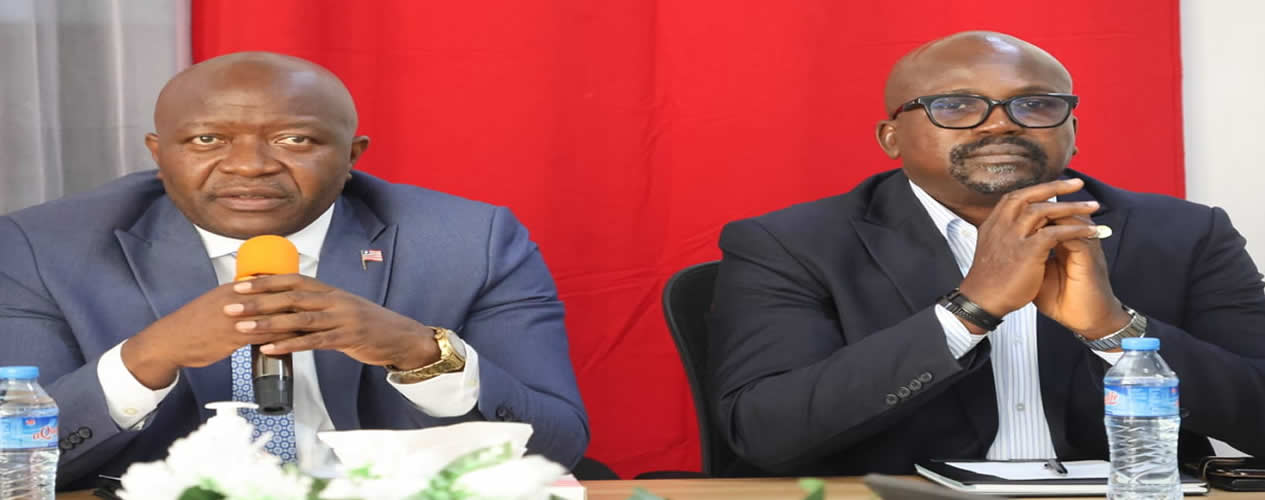
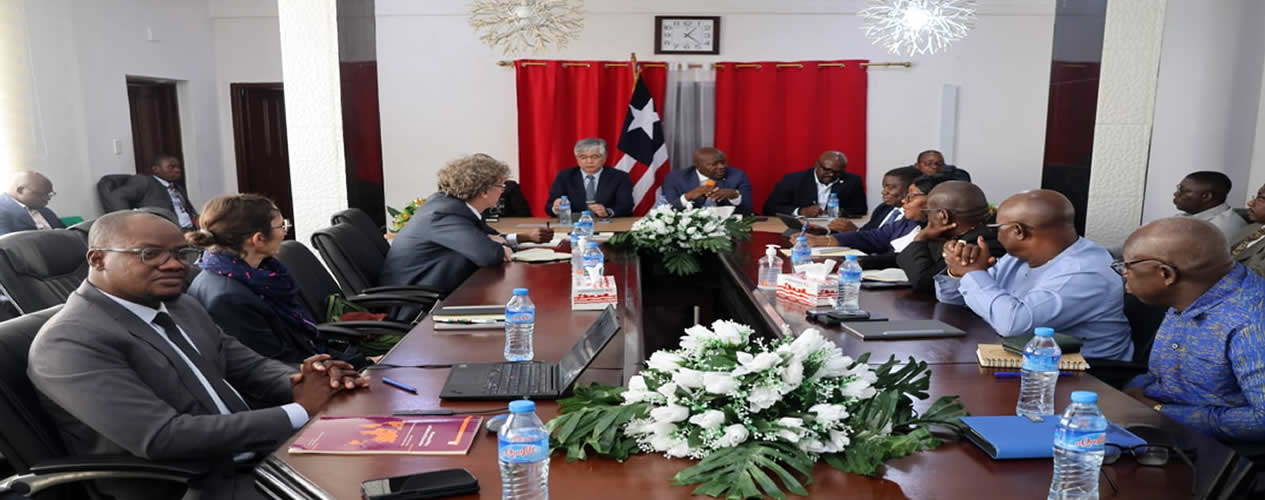
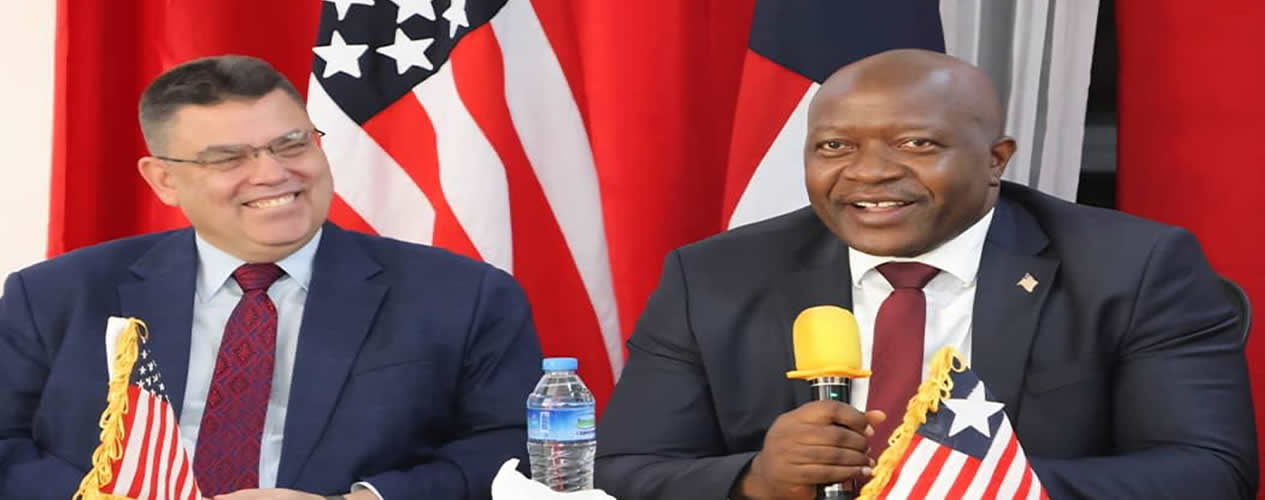
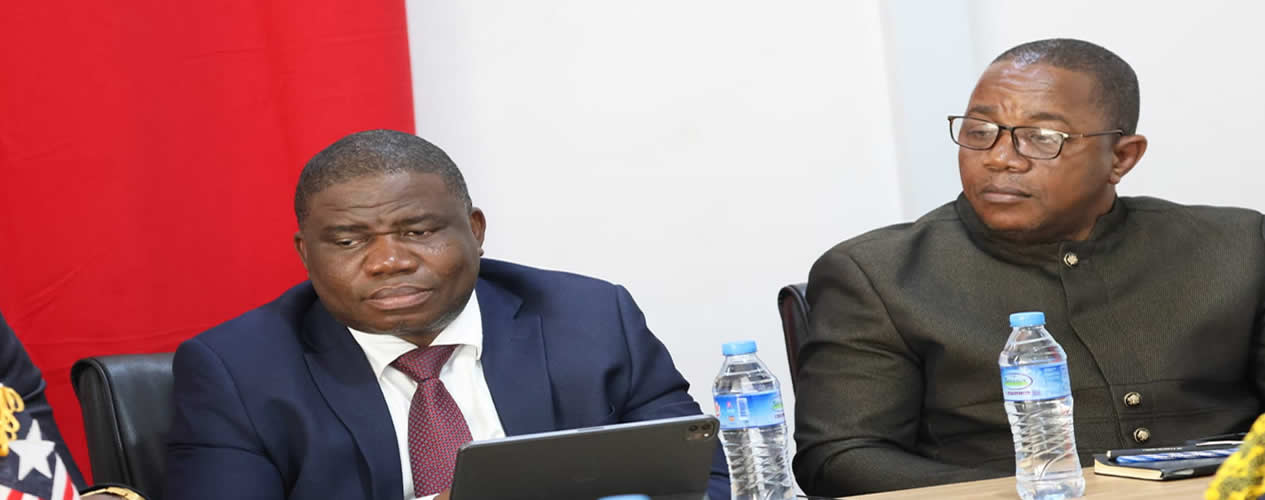
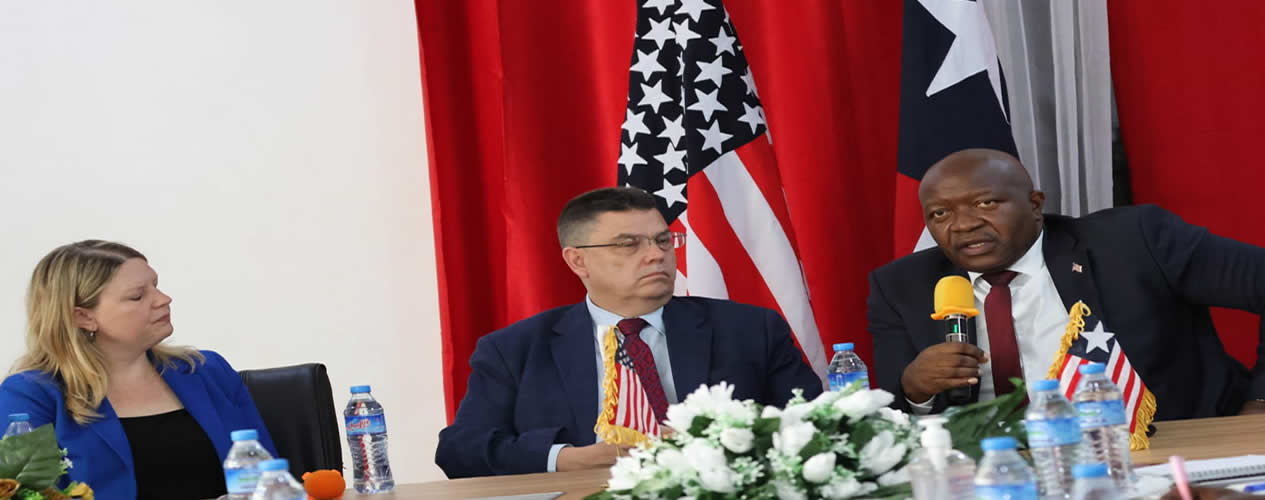
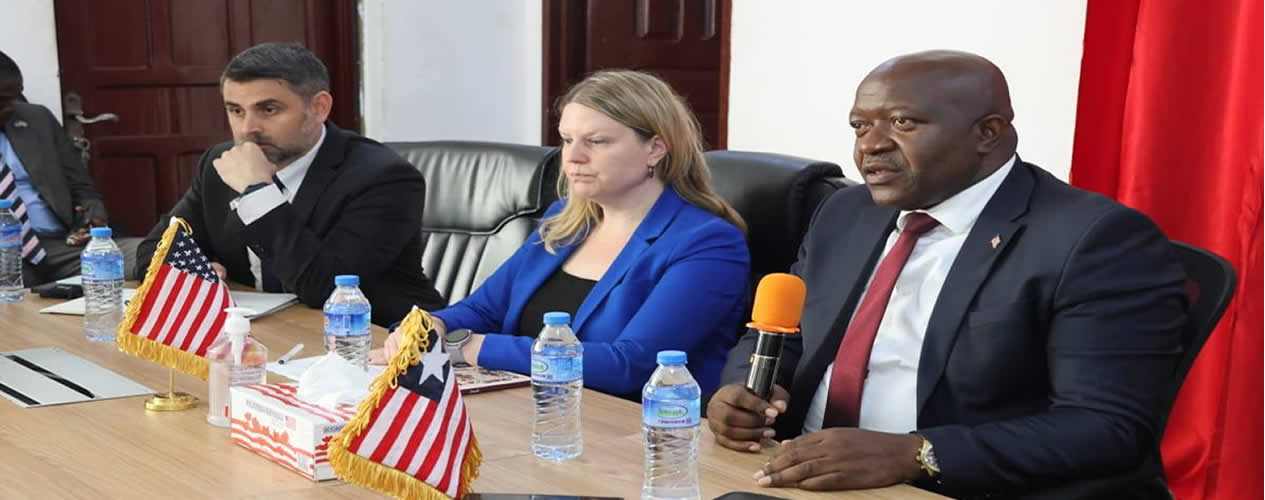
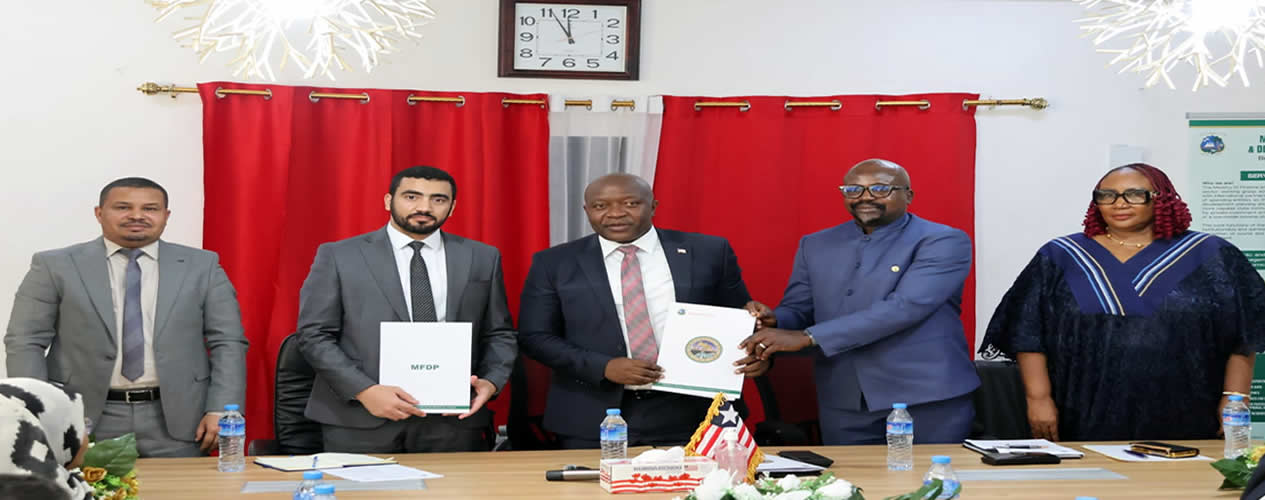
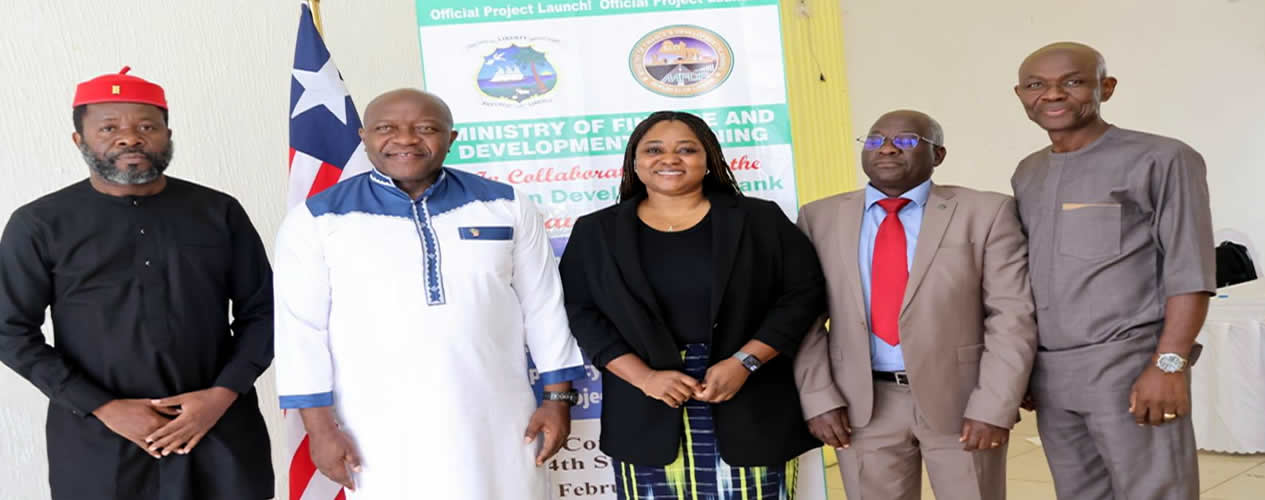
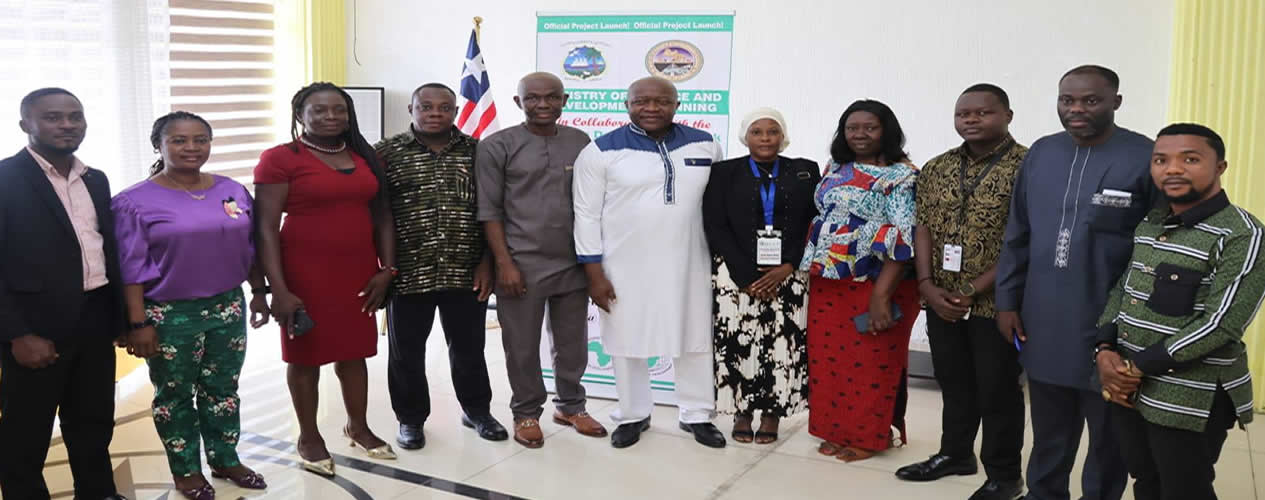
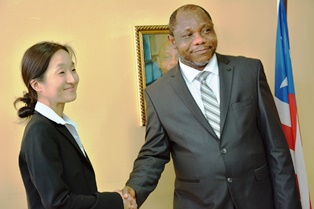 Monrovia, Liberia - The Minister of Finance and Development Planning, Hon. Samuel D. Tweah has disclosed that the Government of Liberia will seek a robust partnership with the International Monetary Fund (IMF) to enable the President’s pro-poor vision delivered as soon as possible to impact the lives of Liberians across the country.
Monrovia, Liberia - The Minister of Finance and Development Planning, Hon. Samuel D. Tweah has disclosed that the Government of Liberia will seek a robust partnership with the International Monetary Fund (IMF) to enable the President’s pro-poor vision delivered as soon as possible to impact the lives of Liberians across the country.